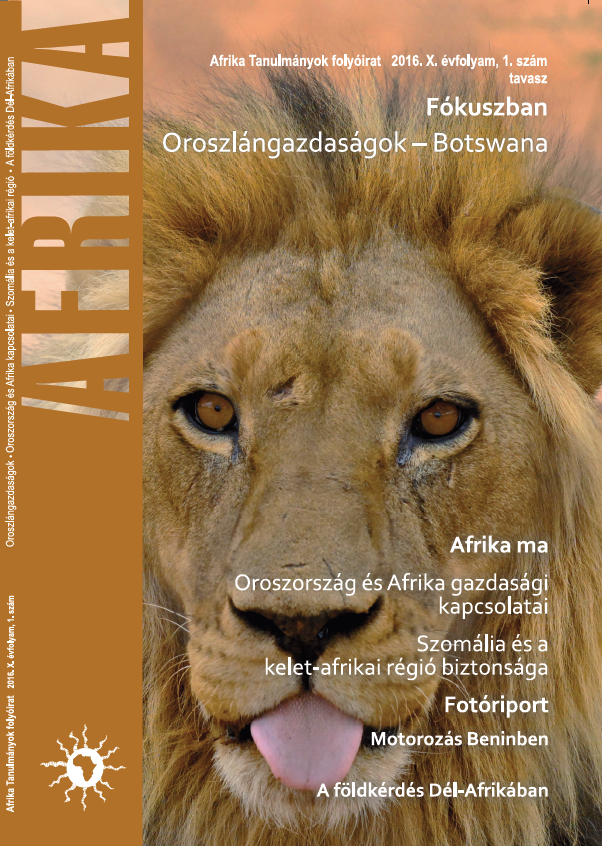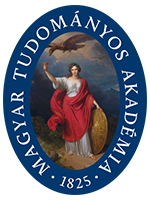The Transformation of Russian– African Economic Relations in Light of System Change
Keywords:
Russia, Africa, Russia–Africa relations, Geopolitics, Arms exportAbstract
Despite the historical legacy, the Russian Federation’s economic presence today in Africa is hardly comparable to other Western countries or even to its Soviet past. The relationship between the African countries and Russia dropped to almost non-existence after the fall of the Soviet Union. Since the late 1990s economic ties have been reorganized and strengthened thanks to Russia’s growing political and economic awareness, although Russian trade and investment still lag behind not only to its Western competitors, but also behind the rapidly expanding China. Nonetheless there are a growing number of Russian business activities in many African, including sub-Saharan countries. Most of the Russian investments concentrate on mineral extraction, but in the last few years other types of investment appeared, amongst which financial and industrial, e.g. in the telecommunication or nuclear industries, are the most visible ones. The article argues that in the changing international environment Russian-African economic ties will deepen as the economic partners seem to grow a mutual interest in mutually beneficial trade and investment affairs. Africa needs new sources of capital and technology, which can diversify its historical dependence on the West, whereas Russia needs to broaden its export markets not only for its traditional products, but also for Russia’s capital export.
Downloads
Published
How to Cite
Issue
Section
License

This work is licensed under a Creative Commons Attribution-NonCommercial-NoDerivatives 4.0 International License.
















